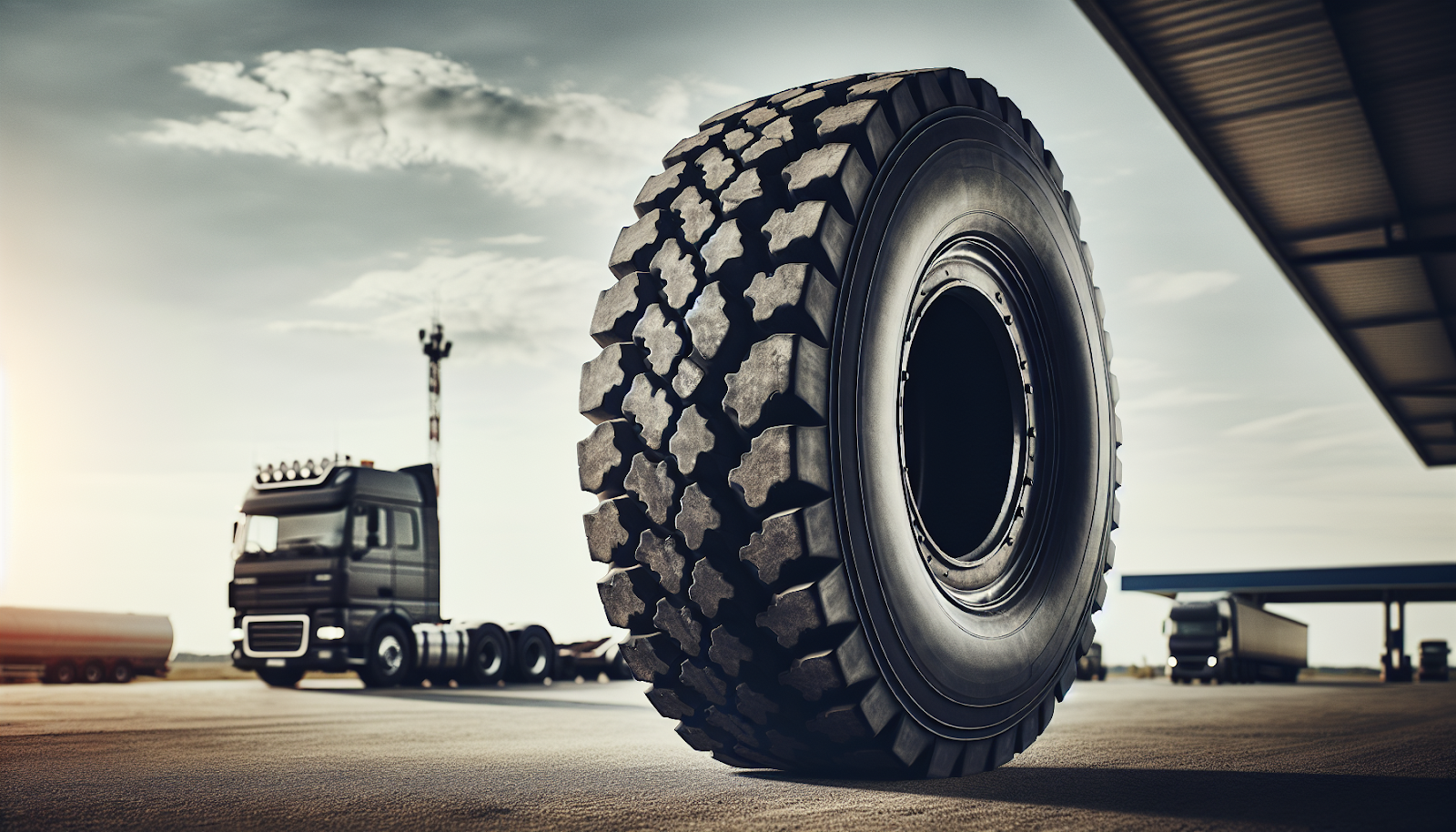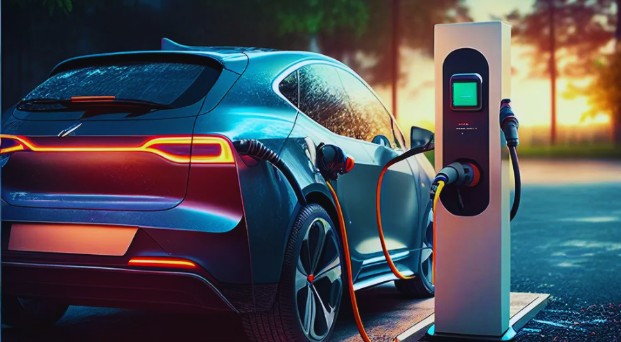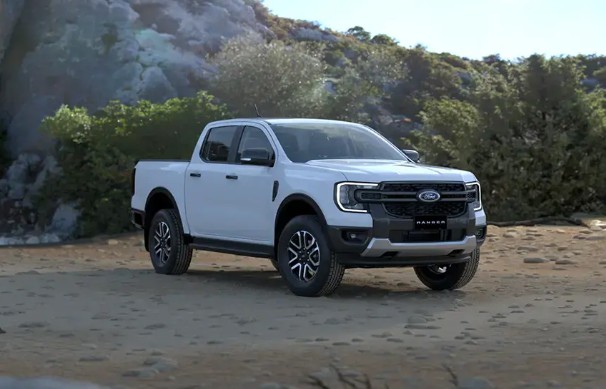
Introduction to Electric Vehicle Tire Selection
Importance of Choosing the Right Tires for EVs
Selecting the right tires for electric vehicles (EVs) is of paramount importance considering the unique characteristics and performance demands of these vehicles. The appropriate tire choice can significantly impact the EV’s handling, safety, efficiency, and overall driving experience.
EV tires are specifically designed to support heavier loads due to the battery packs, deliver lower rolling resistance for extended range, and cope with higher torque outputs without compromising the tire’s integrity or longevity. Furthermore, as electric vehicles continue to proliferate, understanding the nuances of EV tire selection becomes crucial for maintaining optimal vehicle performance and safety on the road.
Overview of the Handbook Structure
This handbook offers a comprehensive guide to all aspects of electric vehicle tire selection. From understanding the distinctive features of EV tires and how they compare to conventional vehicle tires, to factors influencing your choice such as tread pattern and load capacity—the handbook covers it all.
It’s structured to provide valuable insights on maintenance, the specific considerations for heavy-duty truck tires (pneus camions lourds), and the necessary services for them, including roadside assistance (service routier camion lourd). Additionally, we offer guidance on selecting the right brand, balancing cost with quality, and addressing environmental considerations. This handbook is designed to empower EV owners with the knowledge needed for informed tire selection and ongoing tire care.
Understanding Electric Vehicle Tires
Distinct Features of EV Tires
Electric vehicle tires are engineered to accommodate the nuances of electric propulsion. They typically come with reinforced sidewalls to support the additional weight of EV batteries, a trait that contributes to their durability and load-bearing capacity. Additionally, the rubber compounds used in EV tires are often distinct from those in traditional tires, formulated to maximize road grip while minimizing rolling resistance.
This delicate balance helps to preserve the vehicle’s range without neglecting performance in varied driving conditions. Acoustic comfort is also a consideration; EV tires often feature noise-reduction technologies to complement the quieter nature of electric driving.
Comparison with Conventional Vehicle Tires
When compared to tires designed for internal combustion engine (ICE) vehicles, EV tires have subtle yet significant differences. Their construction aims to endure the instant torque delivery characteristic of electric motors, which can cause increased wear on tires not built to accommodate such force.
On the other hand, ICE vehicle tires might prioritize different aspects of performance such as high-speed stability and wet grip without the same focus on energy efficiency or noise reduction. The contrast between EV and conventional tires underscores the necessity of choosing a tire specifically engineered for electric vehicle applications.
Impact on Performance and Range
The impact of tires on an electric vehicle’s performance and range cannot be overstressed. Low rolling resistance tires are crucial in optimizing energy consumption, thereby maximizing the distance an EV can travel on a single charge.
It’s a direct relationship; the less energy is required to roll the tire, the more conservatively the vehicle can use its power reserves. Moreover, the tire design directly influences handling characteristics, ensuring that increased vehicle weights do not become a detriment to the driving experience. Thus, informed tire selection becomes a pivotal decision in the EV ownership journey.
Factors Influencing Electric Vehicle Tire Choice
Tread Pattern and Design
The tread pattern and design of a tire can vary widely depending on the intended use and performance expectations. For electric vehicles, the tread must be designed to offer good traction to manage the immediate acceleration common in EVs while also being efficient enough to not significantly detract from the range.
Symmetrical, asymmetrical, and directional tread patterns each offer different benefits, from noise reduction to improved handling in wet conditions. Choosing the appropriate tread design can greatly affect both the safety and efficiency of the EV.
Tire Size and Width
The size and width of the tire are crucial considerations due to their influence on the vehicle’s dynamics. Larger tires may provide a more comfortable ride and better handling due to a larger contact patch with the road, but this can also lead to increased rolling resistance and, hence, reduced efficiency. Conversely, narrower tires may enhance range but at the potential cost of grip and stability. EV owners must weigh these factors to find a balance that suits their driving needs and preferences.
Load Capacity and Speed Rating
Electric vehicles are typically heavier than their combustion engine counterparts, and this increased weight makes load capacity an important factor in tire selection. The tire must be capable of safely supporting the vehicle’s weight, including passengers and cargo. A tire’s speed rating is another vital specification, and for EVs, it should reflect the vehicle’s performance capabilities. It is essential to choose tires that have both the proper load index and speed rating to ensure safety and performance do not become compromised.
Energy Efficiency and Rolling Resistance
Energy efficiency is of the essence in electric vehicles, and rolling resistance is a key factor in that equation. Tires with lower rolling resistance require less energy to move, which can significantly extend the range of the vehicle. Manufacturers often use special tread compounds and designs to reduce rolling resistance without sacrificing traction. This energy efficiency does not come at the cost of safety; it is a balanced approach that combines practicality with the eco-conscious ethos of EV ownership.
Tire Maintenance for Electric Vehicles
Regular Inspection and Care
Maintaining EV tires requires regular inspection and care to ensure they remain in optimal condition. This includes checking tire pressure, which should be done monthly, as incorrect tire pressure can lead to poor handling, increased rolling resistance, and even premature tire wear. Inspecting the tires for signs of damage, such as cuts, punctures, bulges, or irregular wear patterns, is also critical for preventing unexpected failures and maintaining drive safety.
Understanding Wear Patterns
Wear patterns on EV tires can tell a lot about driving habits and vehicle conditions. For instance, uneven wear may indicate alignment or suspension issues, while excessive wear in the center of the tire could be a sign of overinflation. Monitoring these patterns helps diagnose and correct any issues before they become severe. EVs may exhibit different wear characteristics due to the regenerative braking systems and instant torque delivery; hence, understanding EV-specific wear trends is imperative.
Importance of Tire Rotation and Alignment
Tire rotation and alignment are pivotal to extending the life of EV tires. Regular rotation ensures even wear across all tires, improving longevity and maintaining consistent handling characteristics. Alignment is also vital, as improper alignment can lead to uneven wear and reduced handling precision, which are particularly concerning for heavier electric vehicles. Given the impact of tire health on vehicle performance and energy efficiency, these maintenance tasks are core components of responsible EV ownership.
Pneus Camions Lourds: Special Considerations
Overview of Heavy-Duty Truck Tires
Pneus camions lourds, or heavy-duty truck tires, are designed to withstand the considerable weight and usage demands of large vehicles. For electric trucks, these tires must also adapt to the additional weight of the battery packs and the distinctive torque characteristics of electric motors. They are often constructed with reinforced casing and specified tread designs to endure prolonged usage under these unique loading conditions. It’s important for fleet operators and drivers to recognize the essential role these tires play in both the sustainability and efficiency of their operations.
Adapting to the Unique Demands of Electric Trucks
Electric heavy trucks have specific needs that influence tire selection and maintenance routines. Higher carrying capacities and frequent stop-and-go operations, typical of urban delivery and transportation duties, place additional stress on tires. The high-torque nature of electric powertrains can also cause increased wear, making it critical to select tires that are up to the task. This may involve choosing tires with a higher ply rating, deeper tread depth, or specialized compounds that cater to the rigorous demands of electric truck operation.
Service Routier Camion Lourd: Roadside Assistance and Maintenance
Emergency Services for Electric Heavy Trucks
Service routier camion lourd, or roadside assistance for heavy trucks, becomes especially crucial when dealing with electric models. Emergency services need to be aware of the specialized knowledge required to handle electric trucks safely, including their battery systems and high-voltage components. Quick and efficient response to tire-related issues is vital in keeping these large EVs operational and reducing downtime due to unexpected maintenance.
Preventive Maintenance for Prolonged Tire Life
Proactive maintenance is key to prolonging the life of tires on electric heavy trucks. Scheduled inspections and services help identify potential issues before they lead to tire failure. Techniques such as tire inflation monitoring, retreading, and using tire pressure management systems can significantly extend tire life and enhance vehicle safety. Given the specialized nature of electric heavy trucks, adherence to a disciplined maintenance regimen pays dividends in both operational reliability and cost-effectiveness.
Choosing the Right EV Tire Brand and Model
Leading Manufacturers of EV Tires
As the electric vehicle market grows, leading tire manufacturers are offering a range of products designed to meet the specific requirements of EVs. Brands like Michelin, Bridgestone, and Goodyear have developed EV-specific tire lines that promise to enhance range and performance while addressing the unique load and handling characteristics associated with electric vehicles. When selecting a tire brand, it’s wise to consider those with a proven track record of innovation and customer satisfaction in the EV space.
Evaluating Brand Reputation and Reviews
An often overlooked but essential aspect of choosing the right tire is to evaluate the brand reputation and customer reviews. This feedback can provide insightful data on long-term tire performance, durability, and satisfaction among EV owners. Reviews often reveal real-world experiences with tire wear, efficiency gains or losses, and handling attributes under various conditions. Utilizing this information helps to make an informed choice when selecting an EV tire model that will deliver on the promises of its specifications.
Balancing Cost and Quality
Understanding Price Ranges and Budgeting
Tire prices for electric vehicles can vary significantly based on type, size, and features. Understanding the price range that fits your budget while not compromising on the essential features for safe and efficient electric driving is crucial. It’s important to remember that the lowest upfront cost is not always the most economical choice in the long run—cheaper tires may wear out faster and require more frequent replacement, ultimately costing more.
Long-Term Cost Savings of Quality Tires
Investing in quality EV tires can lead to substantial long-term savings. Higher-quality tires might have a higher initial price point, but their durability and lower rolling resistance can decrease the overall cost per mile. This translates into reduced energy consumption and less frequent tire replacements, lowering the total cost of ownership over the life of the tire. When evaluating tires, consider the long-term implications of your choice beyond the purchase price.
Environmental Considerations
Eco-Friendly Tire Options
For environmentally conscious EV owners, finding eco-friendly tire options is a natural extension of their green driving habits. Some manufacturers offer tires made with sustainable materials or employ production processes designed to reduce environmental impact. Choosing such tire options when available aligns with the ethos of reducing the carbon footprint and supporting a more sustainable transportation ecosystem.
Recycling and Disposal of Old Tires
The end of a tire’s life cycle is as important as its performance characteristics. Proper recycling and disposal are crucial to minimizing the environmental footprint of tires. Many areas have dedicated facilities for tire recycling, where they can be reprocessed into various products, such as rubberized asphalt or playground surfaces. Disposal should be done in accordance with local regulations to ensure that tires do not contribute to landfill waste.
Conclusion: Empowering Your Electric Vehicle Journey
Final Thoughts on EV Tire Selection
The selection of the right tires is a fundamental but sometimes overlooked aspect of maximizing the benefits of electric vehicle ownership. From ensuring optimal range and performance to meeting the rigorous demands of EVs’ weight and torque, the importance of informed tire choice cannot be understated. This handbook serves as a roadmap to navigate the complexities of EV tire selection, highlighting the critical factors that contribute to an educated decision.
Encouraging Sustainable Driving Practices
Moreover, this guide underscores the significance of sustainable driving practices, from regular tire maintenance to choosing environmentally responsible tire options. By making choices that extend the life of EV tires and supporting the recycling of old ones, drivers can significantly reduce their environmental impact. With the right information, EV owners can select tires that contribute to a greener future, enhancing both their driving experience and the well-being of our planet.
Write and Win: Participate in Creative writing Contest & International Essay Contest and win fabulous prizes.


